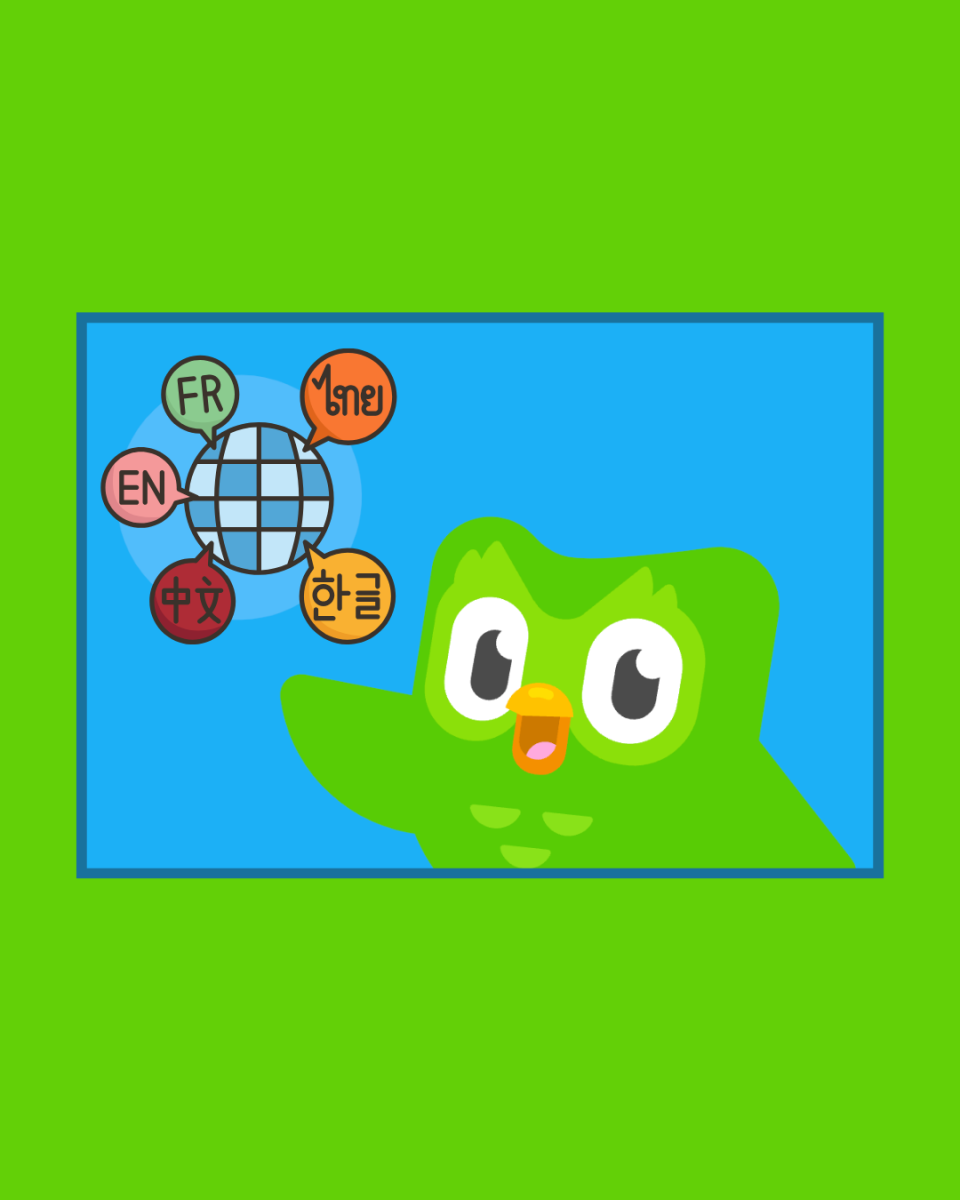GCSU’s Department of World Languages and Cultures kicked off its semesterly Duolingo challenge this month, piquing student interest in language education through competitive challenges and rewards.
Duolingo is a well-known free language app that helps people around the world learn languages. With over forty languages available to learn, the app offers help with pronunciation and grammar through lessons presented in the form of challenges that can put the user on a leaderboard, reminiscent of a video game.
“I think it’s extremely beneficial,” said Lily Cox, junior biology and French double major. “It makes tutoring and my own learning fun and competitive.”
The Duolingo challenge is open to all students and offers every language taught at GCSU, as well as some that are not in the school’s major-specific curriculum. Major specific languages at GCSU include French, Spanish, German and Italian.
The GCSU Language Department extends options to students in regards to the languages that pique their own interest. They support students in educational language endeavors that reach beyond the courses that are offered at the university.
“GCSU offers the more popular languages which most of the people on the challenge focus on,” said Gina Towner, lecturer of French at GCSU. “However, from last spring there were people learning Korean, Mandarin, Yiddish and Swahili.”
The popularity of the Duolingo Challenge is indicated by the amount of time a student or faculty spends participating. The competitive nature of the challenge keeps students engaged with languages. According to Towner, faculty and staff at GCSU logged over 700 hours of engagement during the Duolongo challenge last spring.
“I think the proof is in the numbers,” Towner said. “Duolingo makes you cap classes at 50 [people]. The challenge is advertised with limited spots, and within a day/a day and a half, spots were full with many students asking to get in. I think anytime you offer college students prizes they become motivated to pursue friendly competition.”
To many, Duolingo proves to be a very useful and engaging learning tool. However, critics of the platform argue that it is not good for actual learning and only good for fun. These sentiments are opposed by those who believe that Duolingo can be used to supplement the more traditional learning of language in a classroom setting.
“It’s very useful, but not going to do miracles when it comes to learning a language,” Towner said “It’s meant to be a fun way to enforce the habit of learning a second language, and get you used to being around the language every day. It’s important to really manage your expectations — you will not become conversational or fluent from Duolingo.”
The Department of World Languages and Cultures’ goal from this challenge is to help students engage with language and to introduce students to tools like Duolingo that can assist in the process of learning their prospective language.
“When challenges like this and extra opportunities like Teletandum are offered, it gives students a way to work on language skills without the pressure of a class environment or a grade attached,” Cox said.


